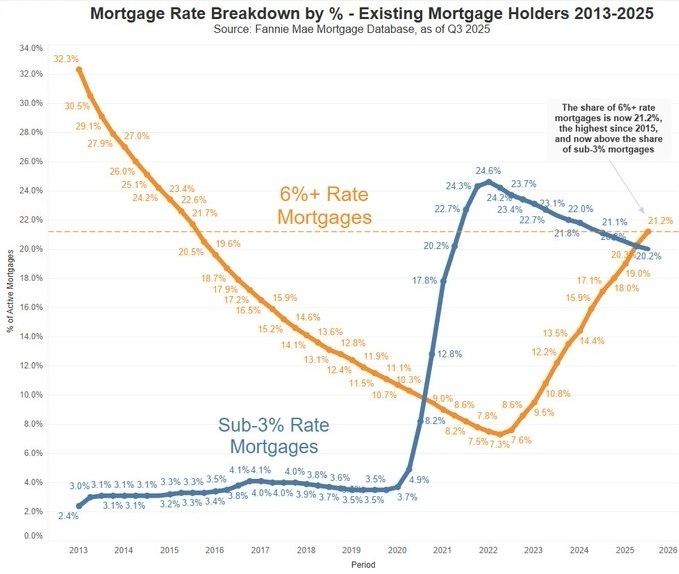An appraisal is a professional assessment of a property's market value, typically conducted by a licensed appraiser. The purpose of an appraisal is to provide an objective and fair estimate of what a property is worth at a specific point in time. Appraisals are commonly required in various real estate transactions, including buying or selling a home, refinancing a mortgage, or obtaining a home equity loan.
Why Appraisals Are Important:
- For Buyers and Sellers: An appraisal helps both buyers and sellers understand the fair market value of a property. For buyers, it ensures they are not overpaying for a home. For sellers, it provides a basis for setting a reasonable asking price.
- For Lenders: When a borrower applies for a mortgage, the lender requires an appraisal to determine the property’s value. This ensures that the lender isn’t lending more money than the property is worth, which would increase their risk in case of default.
- For Refinancing: If you’re refinancing your mortgage, an appraisal is necessary to determine the current value of your home. The appraisal influences the amount of equity you have and the terms of the new loan.
How an Appraisal Works:
- The Appraisal Process: The appraiser visits the property to inspect its condition, size, location, and any improvements or features that may affect its value. They also consider comparable properties (known as "comps") that have recently sold in the area. These comps help the appraiser determine how much the property is worth relative to similar homes.
- The Appraisal Report: After the inspection, the appraiser compiles their findings into an appraisal report, which includes the estimated market value of the property, the data used to reach that conclusion, and any other relevant details about the property and its condition.
Factors Considered in an Appraisal:
- Location: The property's location, including the neighborhood, school district, and proximity to amenities, significantly impacts its value.
- Property Size and Layout: The square footage, number of bedrooms and bathrooms, and overall layout of the property are critical factors.
- Condition: The appraiser evaluates the condition of the property, including the quality of construction, the state of repair, and any necessary renovations or upgrades.
- Comparable Sales: Recent sales prices of similar properties in the area are used as benchmarks to determine the value of the appraised property.
- Market Trends: Current market conditions, such as supply and demand in the local real estate market, also play a role in the appraisal.
Appraisal Fees and Payment
- Upfront Fees: Most lenders require the borrower to pay the appraisal fee upfront. This fee is typically paid to an appraisal management company that coordinates the process. The cost of an appraisal can vary, generally ranging from $300 to $600, depending on the property type and location.
- VA Loan Appraisals: For VA loans, lenders typically do not charge the appraisal fee upfront. However, the veteran is still responsible for paying the fee if the appraisal is completed. If the veteran decides to back out of the deal after the appraisal is done, they will still be required to pay the appraisal fee, as the service has been rendered.
Appraisal Waivers
In some cases, lenders may offer an appraisal waiver, which means the lender decides that a full appraisal is not necessary to determine the value of the property. Appraisal waivers are often offered in specific situations, such as:
- Refinancing with a Strong Equity Position: If you are refinancing and have a significant amount of equity in your home (often more than 20%), the lender may waive the appraisal requirement based on automated valuation models (AVMs) and the strength of your credit profile.
- Low Loan-to-Value (LTV) Ratio: If the loan amount compared to the property value is low (typically below 80%), lenders may feel comfortable forgoing a full appraisal.
- Reliable Market Data: In areas where property values are stable and reliable data is readily available, lenders might use this data instead of requiring a full appraisal.
- Previous Recent Appraisal: If the property has been appraised recently, some lenders may accept the previous appraisal or only require a limited appraisal or a property inspection.
While an appraisal waiver can save time and money, it is not available for every transaction. Lenders will assess the risk and the property’s value based on available data before offering an appraisal waiver.
What Happens After an Appraisal?
- For Buyers: If the appraisal comes in at or above the purchase price, the transaction can proceed as planned. If it comes in lower, the buyer may need to renegotiate the purchase price or come up with additional funds to cover the difference.
- For Lenders: If the appraisal supports the loan amount requested, the lender will typically approve the mortgage. If the appraisal is lower than expected, the lender may reduce the loan amount, require a larger down payment, or deny the loan altogether.
- For Refinancing: If the appraisal shows sufficient equity in the property, the refinancing process can move forward. If the appraisal is lower than the current mortgage balance, refinancing may not be possible, or additional conditions may be imposed.






